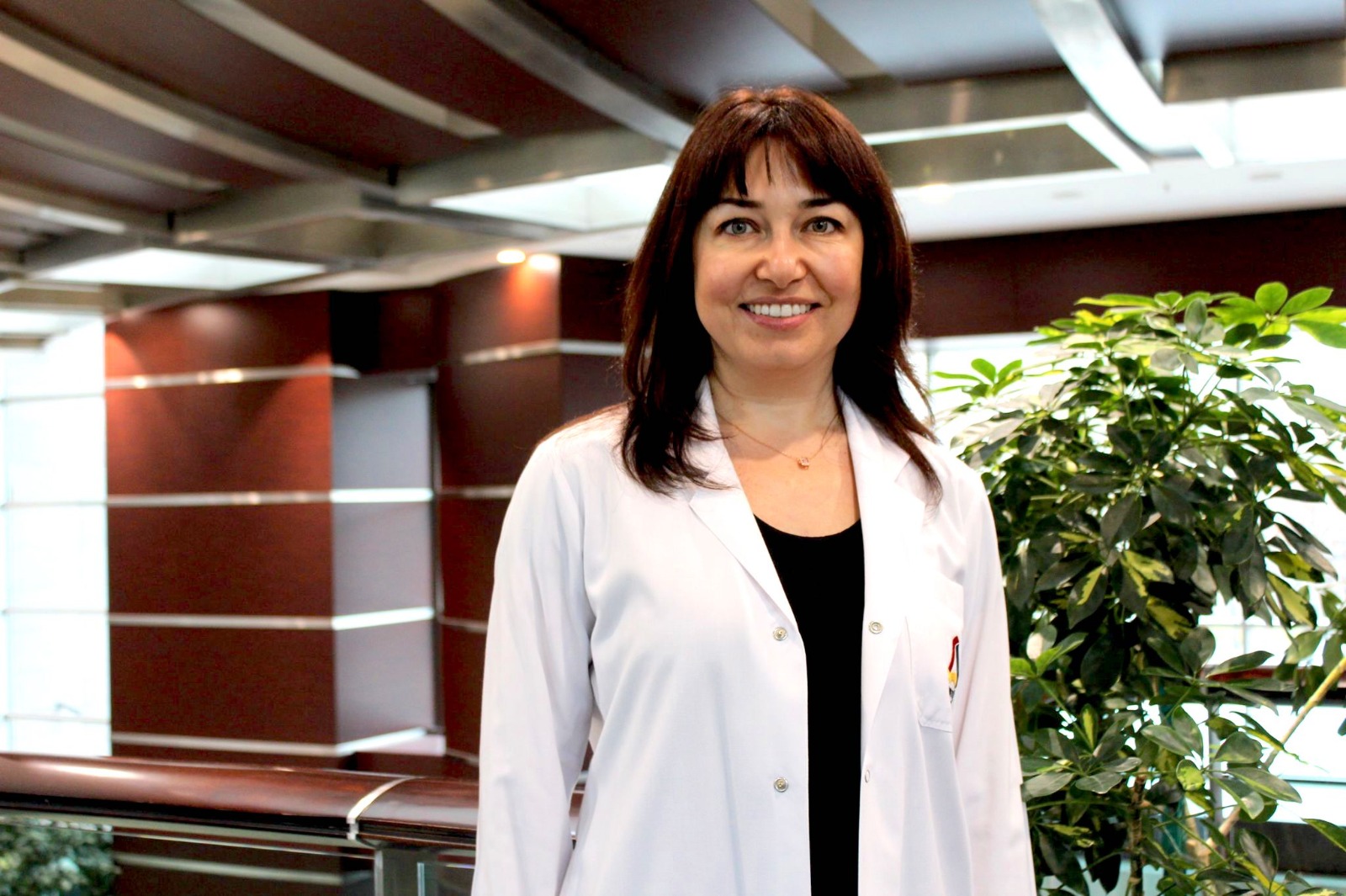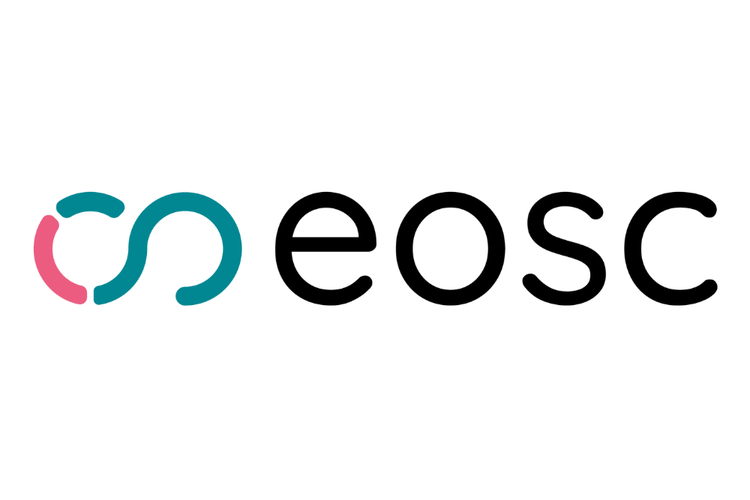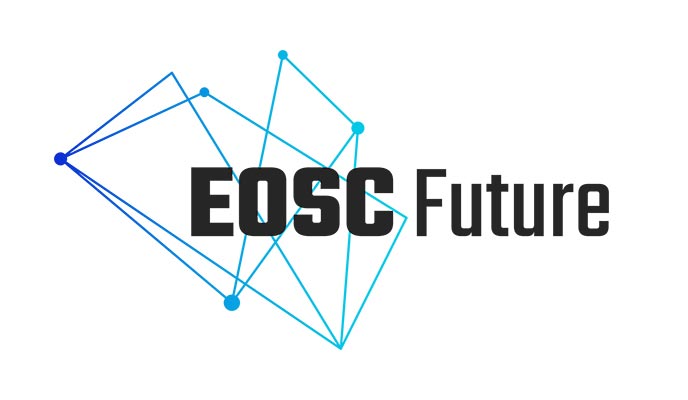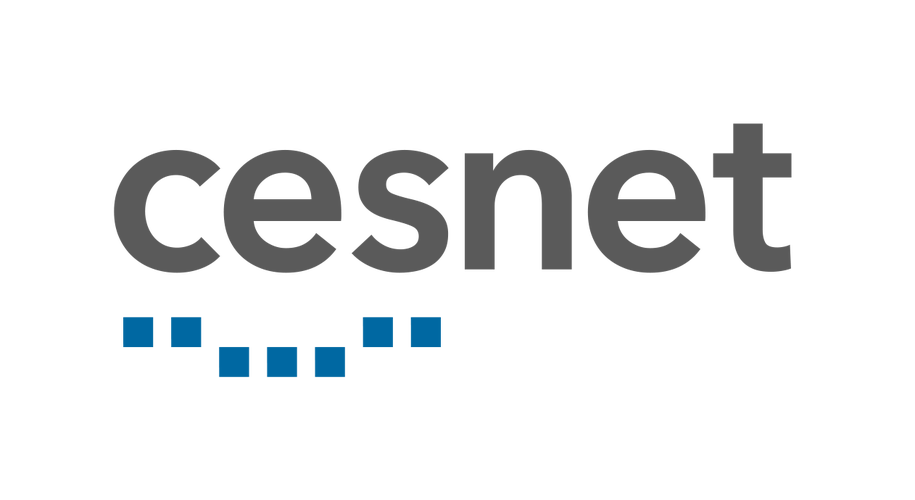Developing an Ethics Framework for Artificial Intelligence in Support of Collaboration and Resource Sharing for Open Science
Organiser:
Francis P. Crawley
About the session
The principal research question being studied by this working group is ‘What ethical, legal, social, and technical frameworks for Artificial Intelligence (AI) and Data Visitation (DV) are required to support the open sharing and re-use of data in the framework of Open Science?’ In this side session we will explore the key considerations for the development of an ethics of AI that facilitates knowledge sharing and resource access for re-use and innovation. In particular, we will look at the ethical aspects of the interaction between AI and data with regard to integrity, responsibilities, decision-making, and ultimately the establishment of policy. The session contributes to the development of the AIDV-WG’s deliverables by broadening the discussion and input.
Relevance for EOSC
A framework for AI ethics is of critical importance to EOSC’s Core developments as we move toward the implementation of a European ecosystem of related services and collaborations that promote access to and the reuse of research outputs (data and other digital objects). Ethics, and particularly AI ethics, contributes to the development of data stewardship and the implementation of the FAIR principles. Of critical importance to the increasing digitalisation of science is to ensure the trust of researchers and research organisations in an open marketplace of digital objects that are readily accessible for sharing and re-use. The promises AI brings for management and decisions in Open Science needs to be supported by ethics.
Agenda
| Timing | Topic | Speakers |
| 14:30 | Open Remarks: The European Open Science Cloud (EOSC) and the Role of Open Science and Data Visitation | Chair: Dr Perihan Elif Ekmekci, (EOSC-Future, RDA) |
| 14:35 | Decision making procedures in data management and data stewardship for Open Science: The roles of data management and data stewardship in Open Science. How researchers today make decisions regarding data curation and what is required to ensure that these decisions lead to increased data utility, data management, and Open Science. What is the relationship between data management, data stewardship, and research methodology. What role should AI ethics have in the decision-making of data stewards. – Presentation | Dr. Connie Clare, (RDA) |
| 14:45 | Trust, researcher-centeredness and FAIR principles as core elements of AI ethics, DV and Open Science: Reflections on changing social morals driven by digitalization and AI. Trust as a core concept required to build Open Science systems in society. The importance of a researcher-centred stance, in compliance with the FAIR Data Principles, for the success of Open Science. – Presentation | Dr Perihan Elif Ekmekci, (EOSC Future, RDA) |
| 14:55 | Consent and AI in an Open Science Framework | Anne Cambon Thomson, (CNRS) |
| 15:05 | Legal Frameworks for Research Commons | Alexander Bernier, (Centre of Genomics and Policy, McGill University, Montreal) |
| 15:15 | The Role of Ethics Committees in Contributing to Open Science | Professor Rita Sitorus, (University of Indonesia) |
| 15:25 | Human rights, citizen rights, and AI in Open Science – Presentation | Professor Natalie Meyers, (University of Notre Dame, Indiana, USA) |
| 15:35 | Open Discussion 1. How can AI and data visitation contribute to the building of the European Open Science Cloud? 2. What is the specific role of ethics in building AI and DV for Open Science? 3. What is the role of (European) citizens in Open Science? | Francis Crawley, (EOSC-Future, RDA) |
| 15:50 | Summary of the Workshop | Rapporteur: Dr. Manolya Bergüzar Şekerlisoy, (EOSC-Future, RDA) |
| 15.55 – 16.00 | Closing Remarks | Dr Perihan Elif Ekmekci, (EOSC Future, RDA) |







